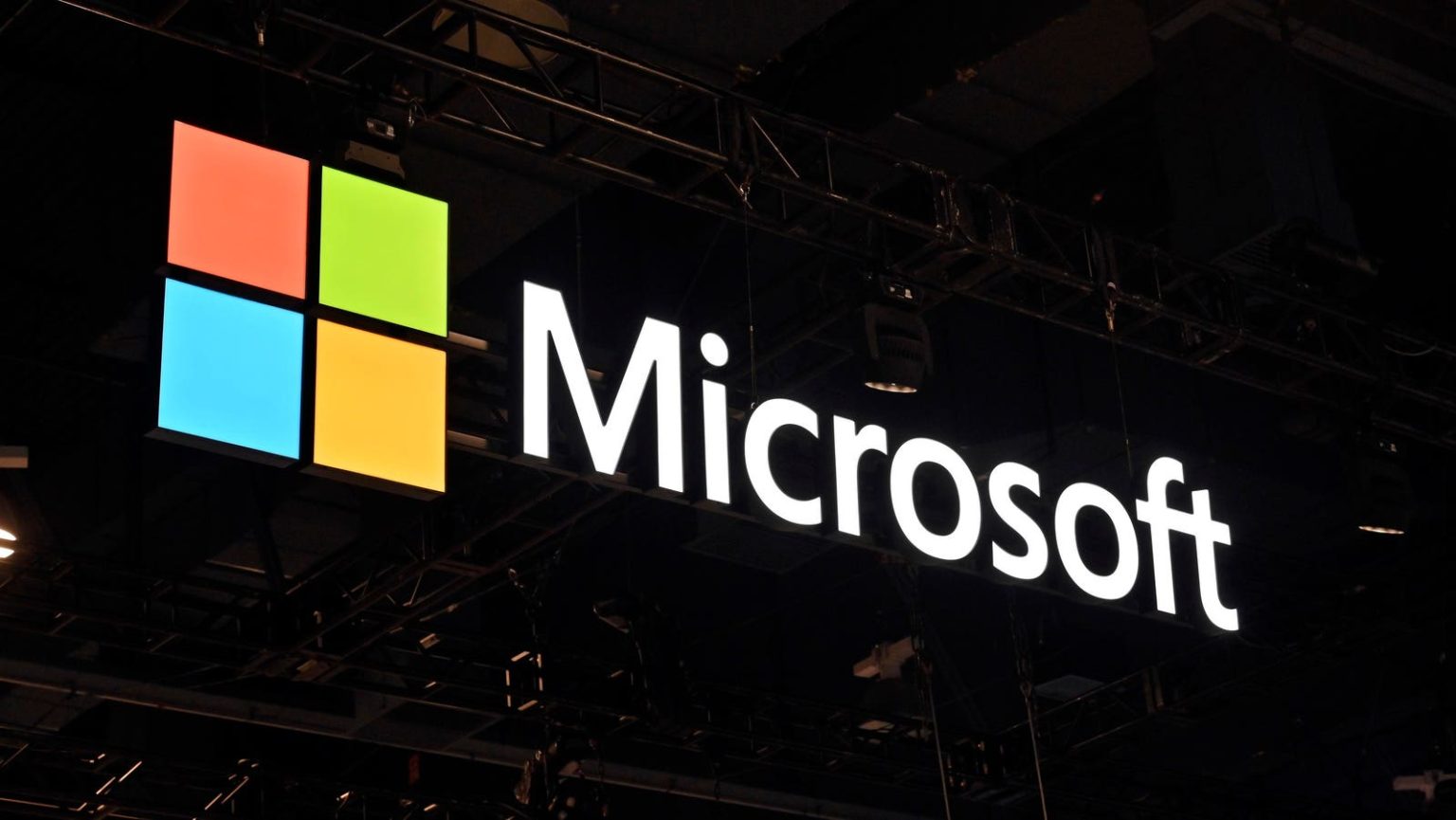The gaming industry is currently experiencing the aftermath of the big budget game strategy that was popular back when the Xbox 360 launched. The recent layoffs in the industry are a direct result of this unsustainable approach. Games today take much longer to develop, with the average cycle being around 7-8 years, making big budget games a risky investment.
In 2015, warnings were issued about the dangers of big budgets in gaming, in the hope that the industry would scale back and focus on more rational and sustainable development cycles. Unfortunately, this did not happen, and now the industry is facing a shortage of new game development projects. Microsoft’s push for big budget games to set themselves apart from competitors like Sony and Nintendo has proven to be a mistake.
Microsoft’s head of Xbox Game Studios, Matt Booty, has recently acknowledged the need for smaller games that can still receive prestige and awards. This signifies a shift in approach for the company, realizing the mistake they made in prioritizing big budget games. While big budget games may still exist in the future, they will likely become a rarity rather than the norm.
The shift towards smaller, more sustainable games is a positive change for the industry. The PlayStation 2 era demonstrated the diversity in gaming preferences among players, with each person having their own unique game library. The big budget approach stifled this diversity and limited the creativity of developers, leading to the loss of institutional knowledge in game development due to recent layoffs.
Many talented game developers are now in a precarious position, as they may not have the funding to set up their own studios. The hope is that they will find new opportunities within the industry as the focus shifts towards smaller, more varied games. This change in approach towards game development is crucial for the long-term survival of the gaming industry.
Overall, the industry is moving towards a more sustainable model that caters to a wider range of player preferences. Smaller games are back on the menu, offering a variety of gaming experiences that were lost during the big budget era. The shift in approach by companies like Microsoft is a positive step towards revitalizing the industry and ensuring its continued growth.


